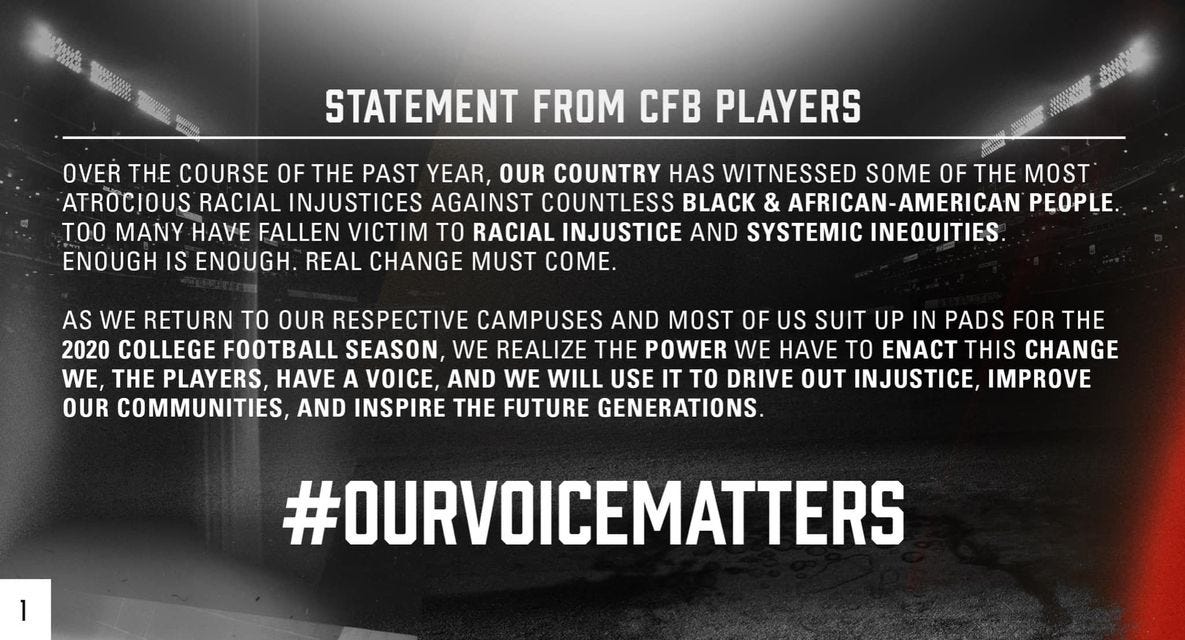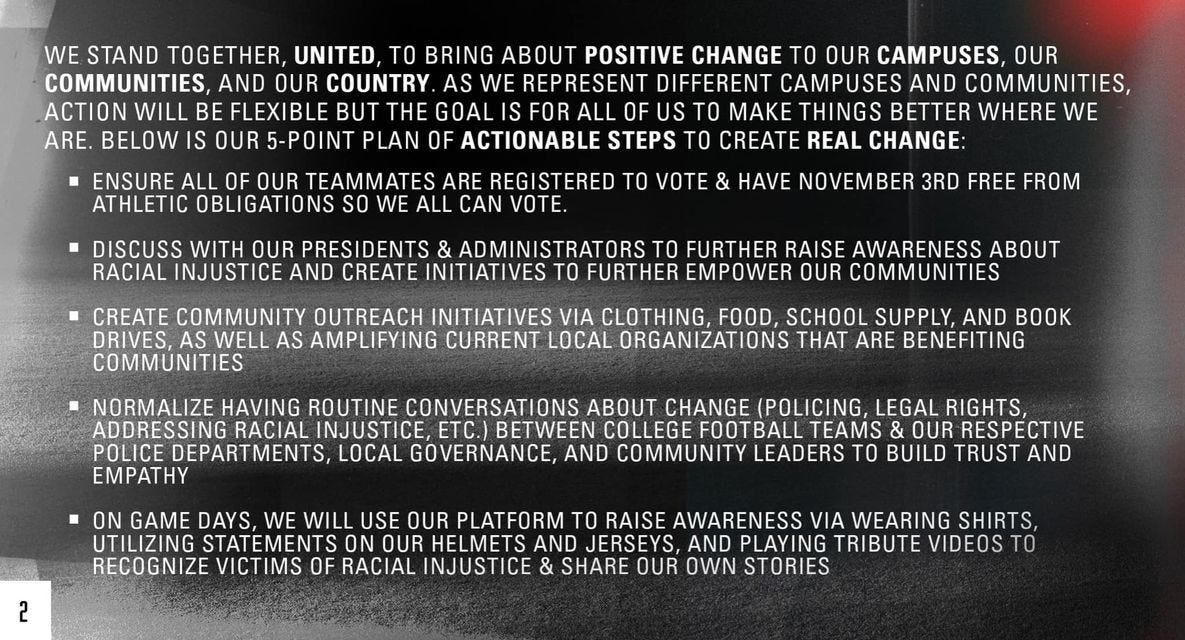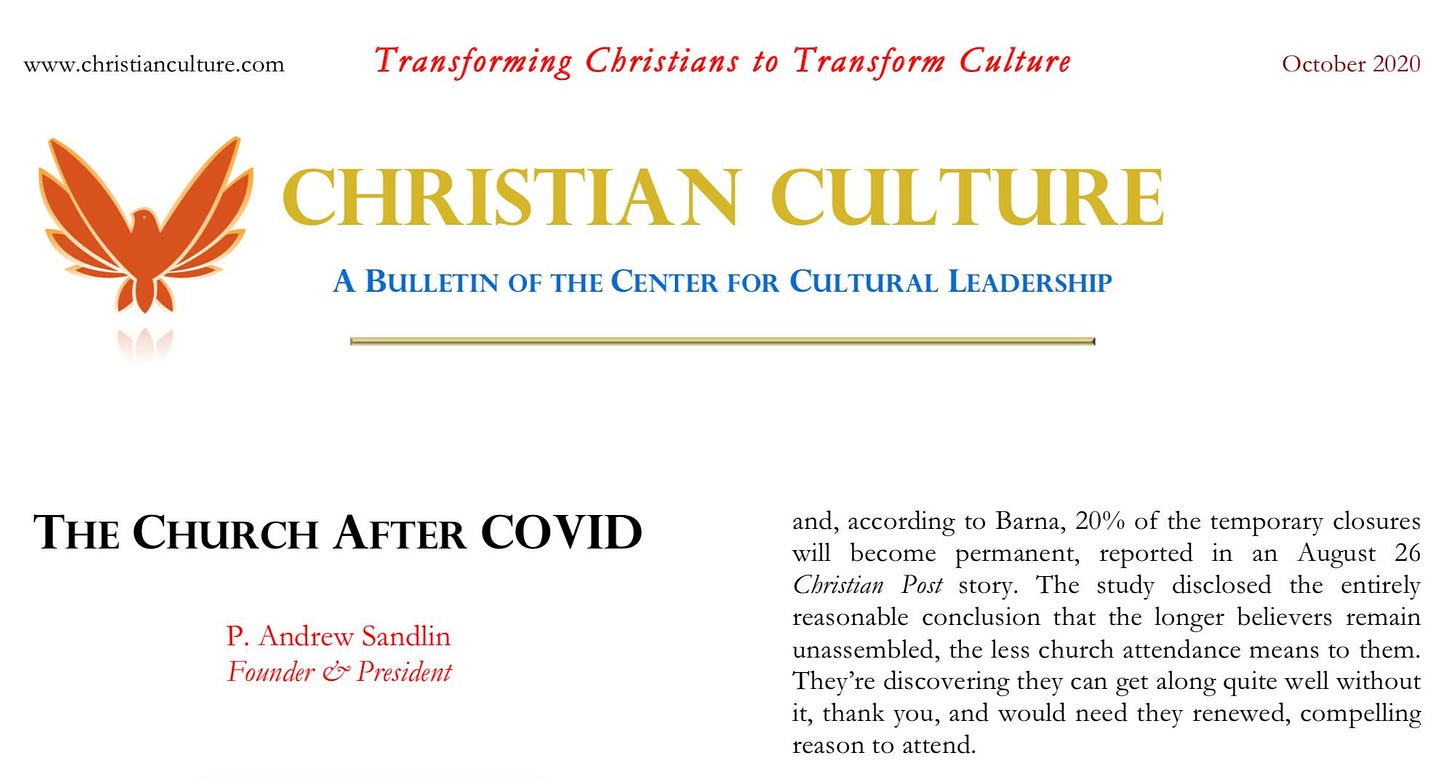The Cultural Tail Wags the Political Dog
Conservative political victories every other year are futile as long as Leftists rack up cultural victories every non-election day.

Dear friends and supporters:
“Politics is downstream from culture.” To my knowledge, this truism originated over 20 years ago with conservative social commentator Don Eberly, but most political conservatives, including many Christians, seem not to be convinced.
The idea that culture shapes politics, and not the other way around, they might possibly acknowledge, but this acknowledgment apparently doesn’t dictate their strategy of social engagement. They act as though they believe political victories will ordinarily translate into cultural victories. This notion is so documentably false that one would have to ignore the lessons of 1960–2020 to affirm it.
The Culture of Politics
Almost all modern political regimes are molded by their culture, but this is especially true of Western democracies, which routinely enact the will of a majority of the voting population, or at least of their popularly elected representatives. This means that people get approximately the government and policies they want.
I recall in the summer of 2008 many Christians telling me there’s no way Barack Obama could be elected, because most Americans would never support his radical social agenda. But the fact is that he was handily elected, twice, and the second time by a populace with eyes wide open to his Leftism. Nor may one credibly argue that Obama was elected principally due to his charm and rhetoric and skin color, the first black American president. Recent polls indicate that at least a large minority of Americans do tend to agree with socially liberal viewpoints. If there is a Silent Majority, it’s is so silent as to be nearly worthless.
Similarly, a large minority of Americans elected Donald Trump because they increasingly rejected the condescending culture of the cosmopolitanism of the Democratic Party. Trump narrowly picked off swing states like Michigan and Wisconsin that had had their fill of politicians that look down on them as knuckle-dragging, provincial rubes — and couldn’t stomach Hillary Clinton.
Both elections reflected a conflict of cultures, and only derivatively of politics. Politics is downstream from culture.
From Culture to Politics
Dramatic cultural shifts dramatically shift the political playing field. A prime example is the Sexual Revolution launched in the 1960s, whose most obvious recent victory is the widespread acceptance of same-sex “marriage” (SSM). It’s important to recall not only that Joe Biden promised that LGBTQ+ rights would be his top legislative priority, but that President Trump tweet-crowed that he was the most pro-gay president ever.
Had George W. Bush, or John McCain or Mitt Romney, if elected, bragged about such a description, the Republican base would have rightly recoiled in horror.
But Trump’s comments made barely a blip on the conservative radar, not because he already has a history of outlandish and exaggerated assertions, but because the Republicans and even most conservatives have made their peace with SSM.
Trump thought he was making a political statement, when, in fact, he was making a cultural statement: the Sexual Revolution is vanquishing its opponents, who in fact are joining its cause. Trump’s positions on the whole are superior to Biden’s, but the Sexual Revolution has simply taken some issues off the table. You just don’t mess with SSM.
The same is true of Leftist social justice, Black Lives Matter, and wokeness theology. These are not chiefly political movements, but cultural movements that impact politics. The extent to which they reshape the political landscape over the next decade is simply a reflection of their present cultural pervasiveness (including in the GOP).
(continued below)
Coming soon from CCL:

In his endorsement, Brian G. Mattson writes: “Over thirty years ago I picked up a thin paperback book of nearly identical dimensions to the one you now hold. It was Francis Schaeffer’s He Is There and He Is Not Silent. I was in Junior High and, although I barely understood the book, I had the shock of a sudden realization that Christianity is a world-and-life view relevant to vastly more than my personal devotional life. Now P. Andrew Sandlin has written a little book that packs a very similar punch: a straightforward, learned, engaging, and compelling vision of the cosmic scope of the Lordship of Jesus Christ. It promises to do for others what Schaeffer’s book did for me, but with one great advantage: you will thoroughly understand it.”
A Genealogy of Immorals
It’s beneficial to understand why Leftists have grasped the importance of culture relative to politics while conservatives and Christians have not.
The United States was founded on a political philosophy known as classical liberalism, virtually the opposite of modern liberalism. It was the idea that politics is established to secure individual liberty, since man is created in the image of God and should therefore be treated as a free moral agent. It therefore stressed a minimal state, or politics, and was suspicious of other attempts to consolidate social power. Because in the late 18th century consolidated power was almost always political, classical liberalism was on on guard mainly against centralized politics.
In the late 19th and early 20th century, and coincident with the development of a secular progressivism, liberals saw the free market (“capitalism”) as a bloating social power: i.e., large economic industries. They therefore wished to restore power to the state so that it could crimp (what it considered) consolidated economic power.
From classical to modern liberalism
It’s in this way that classical liberalism became modern liberalism: eventually it embraced the statist ideology. From Woodrow Wilson to FDR to LBJ, the state was a means of fixing social problems, particularly those caused by inequalities of wealth.
Over time, this social engineering by political coercion included the judiciary, and with Engle v Vitale prohibiting official prayer in public schools and Roe v Wade legalizing aborticide, the new conservative political activism jumped in. How?
By the mid-70s, with the launching of Jerry Falwell Sr.’s Moral Majority, many Christians were convinced that the way to restore a more Christianized America would be to recapture the reins of politics, especially the Supreme Court, because this is exactly what the Leftists had done in their own 20th century social engineering crusade.
The irony is that not long before Christian activists had their change of mind about strategy, the Leftists had their own: you change politics by changing culture, not the other way around.
The New Left
This was one of the important lessons of the 60s cultural revolutionary based on Cultural Marxism of Leftist intellectuals like Herbert Marcuse’s “Repressive Tolerance.” Although Leftists certainly weren’t going to give up on politics, they recognized that the way to capture society is by capturing its culture. Cultural subversion takes more time but is more permanent than political victories. It’s so much easier to convince your enemy than to crush him.
The Politics of Culture
Ironically, politics today is the only major U. S. institution not in the clutches of Leftism. It’s still a battleground, while education, the arts, entertainment, music, the major media and foundations, and more recently professional and collegiate sports are solidly dominated by Leftist ideology.
Mark Steyn explains:
If the culture’s liberal, if the schools are liberal, if the churches are liberal, if the hip, groovy business elite is liberal, if the guys who make the movies and the pop songs are liberal, then electing a guy with an “R” after his name isn’t going to make a lot of difference.
Nor should it. In free societies, politics is the art of the possible. In the 729 days between elections, the left is very good at making its causes so possible that in American politics almost anything of consequence is now impossible, from enforcing immigration law to controlling spending.
While conservatives and Christians put their strategic eggs in a single political basket, the Left was hiding its eggs almost everywhere else.
It’s hard to find a new movie or TV sitcom that doesn’t incorporate the LGBTQ+ agenda, usually in the form of a sympathetic, intelligent, clever, tolerant homosexual character, juxtaposed with an intolerant heterosexual conservative or Christian moralist.
Then consider college football. A recent major statement from NCAA football athletes declares:


When the University of Michigan-Dearborn recently provided racially segregated cafes, it was only the latest educational victory of radical Leftism.
And let’s not forget the conservative church, the “Church of Holy Wokeness,” now sponsoring BLM theology, an iteration of Critical Race Theory, which is simply Cultural Marxism in its racialist garb.
Conservative political victories every other year are futile as long as Leftists rack up cultural victories every non-election day.
Will you consider a tax-deductible donation to CCL via PayPal or Venmo? God uses you to keep us going — and expanding.
Conclusion
To quote Steyn once more in conclusion:
“[I]n Britain as in America, the political class was simply playing catch-up to the culture. Even in the squishiest Continental “social democracy,” once every four or five years you can persuade the electorate to go out and vote for a conservative party. But if you want them to vote for conservative government you have to do the hard work of shifting the culture every day, seven days a week, in the four-and-a-half years between elections. (emphasis supplied)
The hard work of shifting culture means the church leadership’s inculcating in the flock the Christian worldview, not merely elements of personal discipleship or even creedal theology.
It means Christians and conservatives investing in and creating top-notch TV programs and movies that compete toe to toe with the present secular-pagan counterparts.
It means capturing present apostate institutions of higher education and restoring them to their historic Christian base as well as founding new Christian colleges and universities committed to the distinctly Christian worldview — and training youth devoted to demolishing the pretensions of all intellectual alternatives (2 Cor. 10:5).
It means laying the groundwork for new media empires whose vision is one of honest, objective, and evenhanded news reporting — knowing the difference between news and “advocacy journalism.”
It means launching and capitalizing major foundations whose goal is financing specific cultural projects reflecting the Christian worldview.
Political victories will be routine once Christians and conservatives assure, under the power of the Spirit, that Christian culture is routine.
Politics is downstream from culture.
Will you consider a tax-deductible donation to CCL via PayPal or Venmo? God uses you to keep us going — and expanding.
The Church After Covid
If you’re not on the mailing list for CCL’s bi-monthly exclusive hard-copy newsletter “Christian Culture,” please private message me your surface address.
October’s article is “The Church After COVID.”

Personal
As noted above, Creational Worldview: An Introduction is almost ready to ship. There will also be an e-book. If you’re a CCL donor, your complimentary hard copy should arrive soon. I’d be grateful if you’d consider promoting and distributing this book widely.
I seem always to be up against my word limit here at the end. Let me simply thank you deeply for your friendship and support — and for making this e-newsletter an increasing success.
Yours for cultural victory,

More great stuff:
The Center for Cultural Leadership site is here.
My Amazon author page (print and digital) is here.
You can find my sermons and lectures at my YouTube channel.
Sign up to get my blog updates here.
Here’s my Twitter feed.
Here’s my Parler feed.
If you want to get the free exclusive hard copy publication Christian Culture, please send me a Facebook private message.
The CCL phone number is 831-420-7230.
The mailing address is:
Center for Cultural Leadership
P.O Box 100
Coulterville, CA 95311
List of Coronavirus-related posts and podcasts:
“What the COVID-19 Drama Has Revealed About Our Institutional Character”
COVID-19 and Legality: An Interview with Jeffery J. Ventrella
COVID-19 and Economics: An Interview with David L. Bahnsen
COVID-19 and Theology: An Interview with Brian G. Mattson
“COVID-19 and Our Crisis of Liberty”



